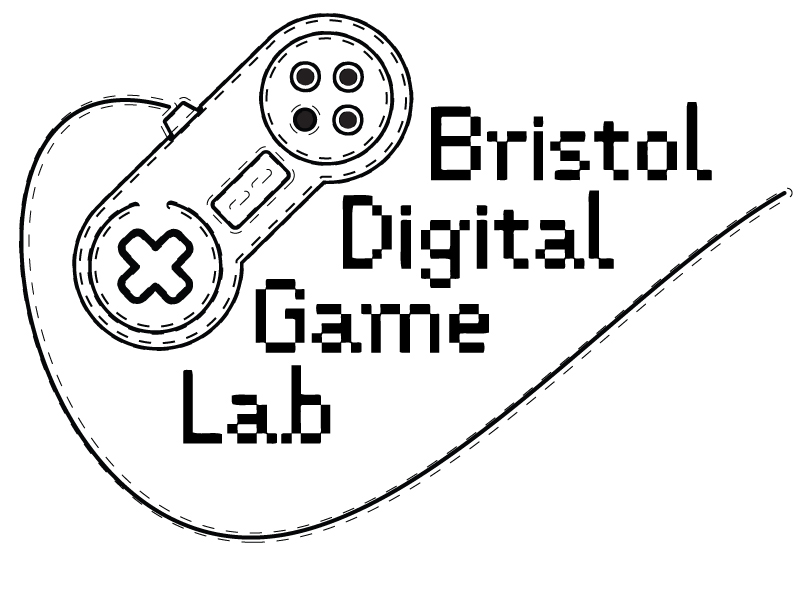Article originally posted on LinkedIn on 6 September 2022.
How can we study and contribute to the development of digital games today?
The Bristol Digital Game Lab is a new research group at the University of Bristol launching in September 2022, coordinated by Dr Xiaochun Zhang and Dr Richard Cole. The Lab, which is based in the Faculty of Arts, will bring together researchers and practitioners from a radically diverse range of perspectives. This includes translation and accessibility, history, comparative literature, law, computer science, AI, game design, and beyond.
The aim of the Lab is to chart new possibilities for collaboration, both across disciplines and between Higher Education and the gaming industry, with digital games as a shared object of interest. By exploring crosscutting themes in a collaborative environment, we hope to contribute to ongoing debates about the nature and impact of games, while also co-creating new ways to develop, play, and test ideas using games. To this end, the Lab will offer researchers and practitioners the opportunity to experience a variety of games on the latest hardware, as well as the chance to get involved in generating their own.
Our areas of interest are as follows:
Networking
The Lab will establish a cross-disciplinary network of researchers and industry professionals working on games as well as extended reality more broadly, from early career scholars to creative directors. The network, like the industry itself, will be regional, national, and international. The Lab will support colleagues through brokerage events and themed meetings.
Partnerships
The Lab will connect researchers to a thriving regional, national, and international industry with the aim to facilitate knowledge exchange and explore collaborative outcomes. The Lab will host industry showcases, invite guest speakers, and foster sustainable partnerships with the creative industries.
Research
The Lab will support research in gaming and extended reality through a series of research-sharing events and discussions focused on crosscutting themes. Such themes will include, but are not limited to, game localisation and accessibility, history and cultural heritage in games, VR and immersive technologies, audience experiences and analytics, the Metaverse and gaming ethics, (serious) games and education, games and society, intellectual property, modding, and game design. Building on the University’s investment in state-of-the-art gaming facilities, the Lab will also encourage play-as-research and interactive brainstorming to identify future outputs and areas of interest.
For a taster of our current research, you can hear from Xiaochun, Richard, and Dr Yin Harn Lee in the Bristol Digital Game Lab Seminar that we delivered for Bristol Data Week in June 2022.
Innovation
The Lab will act as an incubator for innovative projects by opening up the University of Bristol’s gaming facilities and expertise, as well as by connecting interested parties. We will deliver skills development workshops, playtest ideas, and co-create new experiences.
How can you get involved?
- Please email us if you would like to join the Game Lab and hear about our research/events. We will be offering both remote and in-person activities.
- Let us know what you are working on and what you would like the Game Lab to do. We particularly welcome enquires from those working in the games industry or at the intersection of gaming and other sectors.
Co-ordinators
Dr Xiaochun Zhang (xiaochun.zhang@bristol.ac.uk) is Senior Lecturer in Translation Studies. Her research interests lie primarily in audiovisual translation with a specific interest in video game localisation and accessibility. Currently, she is working on the AD4Games project which applies audio description in video games to enhance accessibility for players with vision loss.
Dr Richard Cole (richard.cole@bristol.ac.uk) is an interdisciplinary scholar working on digital/virtual representations of antiquity. He is currently part of the multi-disciplinary team on the Virtual Reality Oracle project at the University of Bristol, where he holds the role of Research Associate in Ancient Greek History and Virtual Reality. Richard has published on the role of video games and historical fiction more broadly in shaping public perceptions of history.


